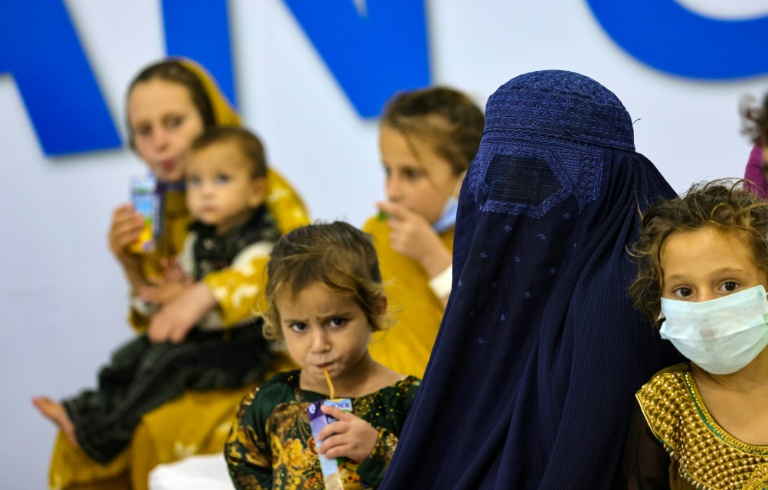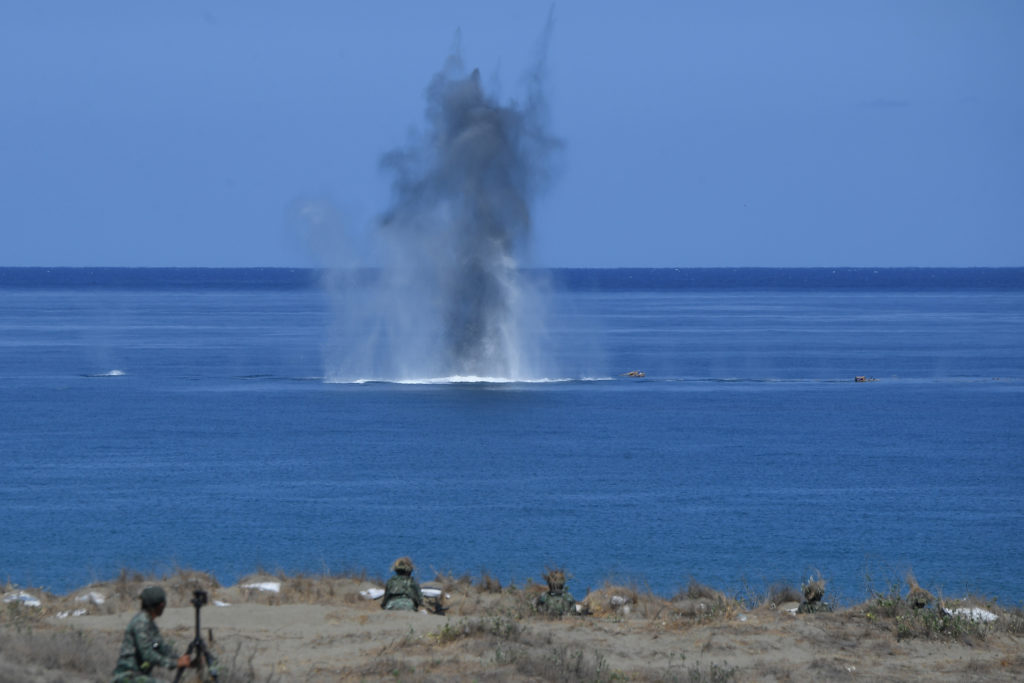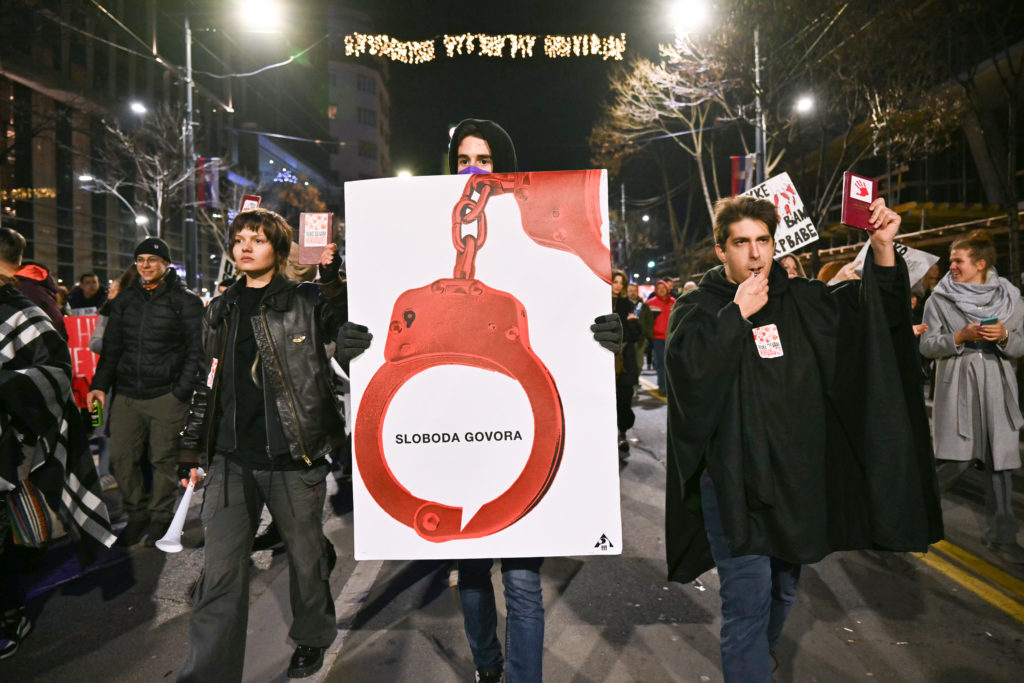Wazhma left everything behind to escape Taliban rule after the extremist group took control of Afghanistan, aspiring for a life “free of threats” in the United States.
In a facility in the UAE, temporarily hosting Afghan evacuees heading to other countries, the 21-year-old medical student struggled Saturday to overcome the terror she experienced during the last days at home.
“My husband worked for the US embassy. They (Taliban) would have killed us if we stayed,” brown-haired Wazhma told AFP in English, just hours before she was due to board a US-bound flight.
“I only took the clothes on me. Nothing more.”
The young Afghan was among tens of thousands of evacuees who fled the capital Kabul after the Taliban swept in and deployed on the streets in mid-August.
Wazhma, her husband, brother-in-law and baby nephew spent “the longest three days” of their lives on the road, moving in secret until they reached the gates of Kabul airport where US personnel were waiting for them.
“The situation was very bad. Thank God, we are safe,” she said, holding her baby nephew tightly in her arms.
When asked whether she will ever go back, she laughingly said: “Never, only if the Taliban go away.”
She said the hardline Islamist group will never change its discriminatory policies against women despite promises of a softer brand of rule than their last stint in power between 1996 and 2001 — when the US led an invasion after the September 11 attacks.
“I’m happy I left. The only thing I am worried about now is my mother, father, sister and brother,” Wazhma said.
Meanwhile, in Kabul, evacuation efforts were reaching final stages Saturday amid fears of fresh terror attacks after an Islamic State-claimed suicide bomb two days earlier killed scores of civilians as well as 13 American service members near the airport.
With the airlift window narrowing sharply ahead of an August 31 deadline, more than 5,000 people remain inside Kabul airport awaiting evacuation, and crowds continue to throng the perimeter gates pleading for entry.
– ‘We were afraid’ –
Afghan evacuee Naim, a father of five who worked as a translator for the US army, immediately went into hiding when the Taliban seized the capital on August 15.
He and his family managed to escape to the airport, where they spent three nights until a US aircraft flew them to the United Arab Emirates.
“We were afraid that they would kill us,” the 34-year-old told AFP as he sat next to his wife, three daughters and two sons.
“I took my kids’ clothes only and our IDs. We lost everything, the carpets, the couches, the baby clothes. All gone,” he said.
“I just want my kids to have a good life.”
Other mask-clad Afghan men, women and children were gathered in the facility in the UAE capital Abu Dhabi, some sipping on small juice boxes and others sitting on white chairs near rooms bustling with medical staff.
They were waiting nervously before heading to the airport to board a flight to the US.
A young Afghan girl, in a black-gold sequence dress, patiently waited her turn for a medical check up, swaying her legs back and forth as she played with a stuffed bear.
Dozens of others poured in, queing at the entrance of the facility, waiting to be checked in by Emirati employees.
Gulf nations — including the UAE, Kuwait, Bahrain and Qatar — which host US and other Western forces, have been instrumental in evacuation efforts, offering Afghans critical passage to new lives in third countries.
The UAE said on Thursday that it has helped evacuate 28,000 people from Afghanistan, adding it was hosting 8,500 evacuees on a temporary basis until they head to the US within days.
About 109,000 people have been flown out of the country since August 14, the day before the Taliban swept to power, according to the US government.
Some countries — including France, Britain and Spain — announced an end to their airlifts Friday, following other nations such as Canada and Australia earlier in the week.
The United Nations said it was bracing for a “worst-case scenario” of up to half a million more refugees from Afghanistan by the end of 2021.
Despite Taliban promises of a softer form of rule, many Afghans fear a repeat of their brutal interpretation of Islamic law, as well as reprisals against those working with foreign militaries, Western missions or the previous US-backed government.











